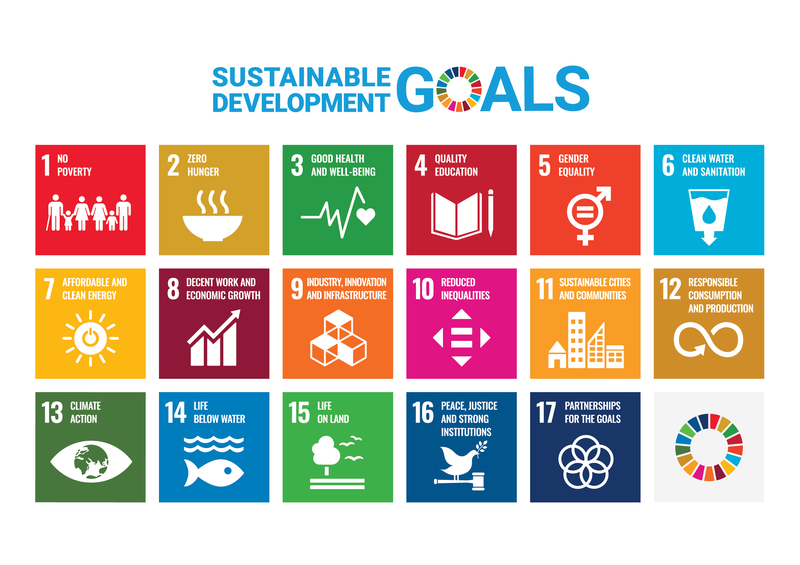- Sustainable development is essential to secure a habitable Earth for future generations.
- Ecological sustainability means preserving biodiversity and the functioning of ecosystems.
- Economic sustainability means balanced economic activity that is not based on the long-term destruction of natural resources and other reserves.
- Social and cultural sustainability means the transmission from one generation to the next of the positive development of prosperity, equality, democracy and cultural diversity.
- Many things have improved in the current century and earlier.
- Less extreme poverty and poverty in general.
- 90% of children start school (doesn't account for quality and length of education).
- Better healthcare and hygiene.
- Some requirements for a good life are hard to measure and compare.
- Freedom, human rights, equality, happiness and even democracy are all important for a good life, but it is hard to measure.
- In every country there are rich, poor and happy and unhappy people.
- Currently the world is developing, but not in a sustainable way.
- There is excessive consumption, which leads to harmful land use.
- Cutting down trees, overusing water, mining land, loss of biodiversity, etc.
Overshoot Days
- Overshoot days or World Overcapacity days are the days the human ecological footprint exceeds the Earth's biocapacity.
- Usually measured for countries.
- It is the day when all of the "year's share" has been used up.
- This means that further consumption is using more than the Earth can feasibly regenerate, effectively taking from future generations.
Ecological Footprint
- All the resources that have gone into sustaining our lifestyle.
- Also includes greenhouse gas emissions and damage to the environment.
Biocapacity
- The biocapacity of Earth is the amount that the planet can restore lost resources or absorb emissions.
- Exceeding the earth's biocapacity causes harm to the Earth.
Sustainable Development Goals: Agenda 2030

- The aim is to secure well-being in an environmentally sustainable way and eradicate extreme poverty.
- Taking account of people, economy and environment in decision making.
- Divided into ecological, economic, social and cultural sustainability concepts.
- The Agenda 2030 follows the UN's Millennium Development goals, which were partly very successful, meeting some of the goals.
- However, progress has been lacking in other departments.
Sources